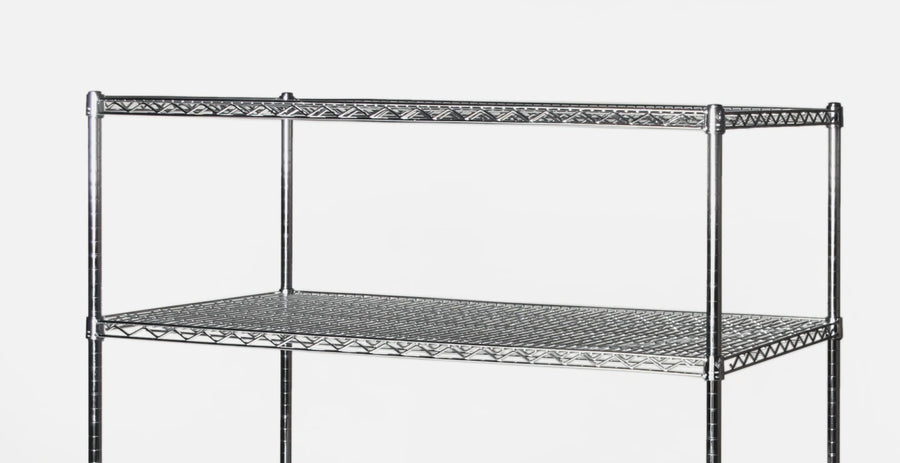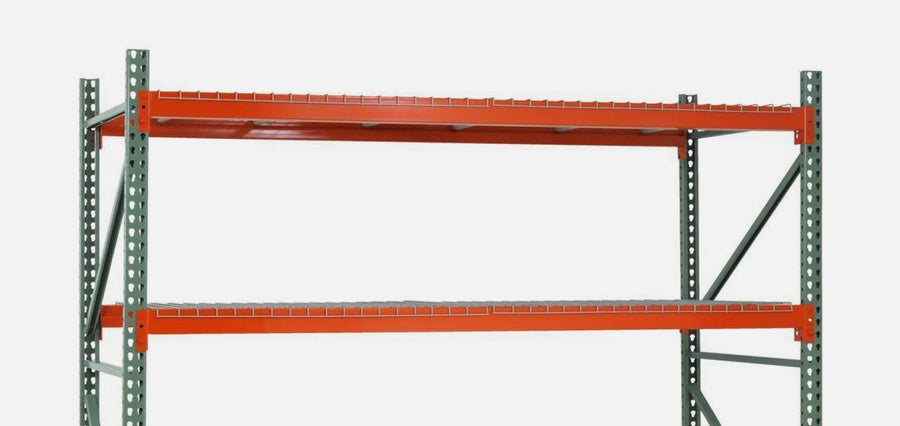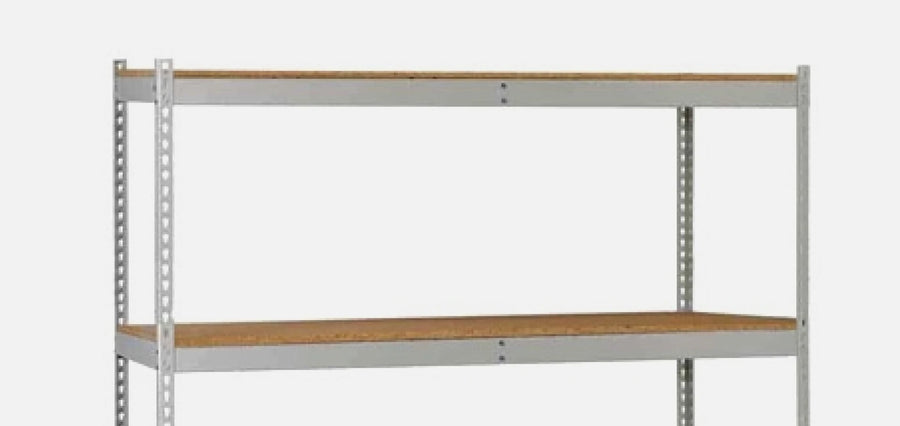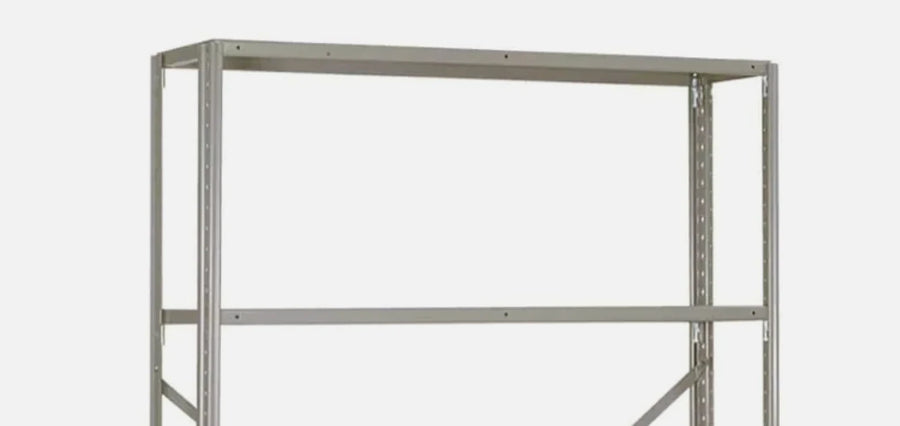During certain times of year, you probably couldn’t imagine willingly taking on more product - but as more businesses turn to outsourced fulfillment to manage their orders and handle product flow, the idea might start to be a little more appealing.
A survey conducted of third-party logistics providers in 2016 showed that a whopping 66% of companies across various industries have turned to outsourced fulfillment in order to get their products delivered and their orders handled effectively. Particularly in ecommerce, with the changing scope of delivery options and turnaround times, the need for retailers and vendors to have other options for fulfilling orders in a timely fashion is greater than ever - and outsourced fulfillment is one of the best ways to meet those needs.
By strategically partnering with various warehouses and distribution centers in major markets and/or near their targeted geographic area, retailers can better meet the changing retail needs of their customers and can help get their orders out the door in a more competitive fashion. This does require the assistance of warehouses such as yours, however, and if you want your warehouse to stand out and serve as a better retail partner to businesses that may be looking for a leg up in distribution, you’ll need to make sure your warehouse is ready for the rush:
Do you have the room to spare? The biggest concern with giving over any part of your warehouse to another operation is making sure you have enough room to function. Warehouses in any major metropolitan area are probably already stuffed to the gills, but if you have enough viable unused storage space (specifically storage space, as things like offices aren’t going to be much help in this case) this can be a good way to maximize the profitability of your facility. Make sure the space is viable - convenient location, easy to access when picking - and don’t be afraid to look high and low in places like warehouse mezzanines to find adequate space.
Can you safely store a range of products? Opening yourself up to outsourced fulfillment is going to require you to be able to store a wide range of goods. Knowing that your warehouse can handle anything from retail goods to pharmaceuticals and vitamins to cold storage will make you more attractive to potential vendors and partners, and having a pre-installed range of storage options will make your offer seem more viable. Make sure to offer the standards like pallet racks and gravity conveyors, as well as options like medical shelving and food storage shelves to provide a wealth of coverage for any partner that may need to enlist your services for product shipments.
Do you have enough staff to handle the orders? Above and beyond the material installations in your warehouse, your outsourcing capabilities are going to strongly depend on your ability to staff up as needed. Review your current staff capacity and see what changes will be needed to properly handle the new influx of items, as well as what their current skill levels are - if your outsourcing partner is bringing in products you don’t normally carry, will you need to get your current team trained or certified (in the case of things like food storage or medicinal products) to handle their goods correctly? Will you need to bring on new team members to specifically handle these products, due to the scope and demand of your current warehousing operations? The human element is critical when ramping up warehouse operations in this way, and asking these questions ahead of time will make things easier in the long run.




















































